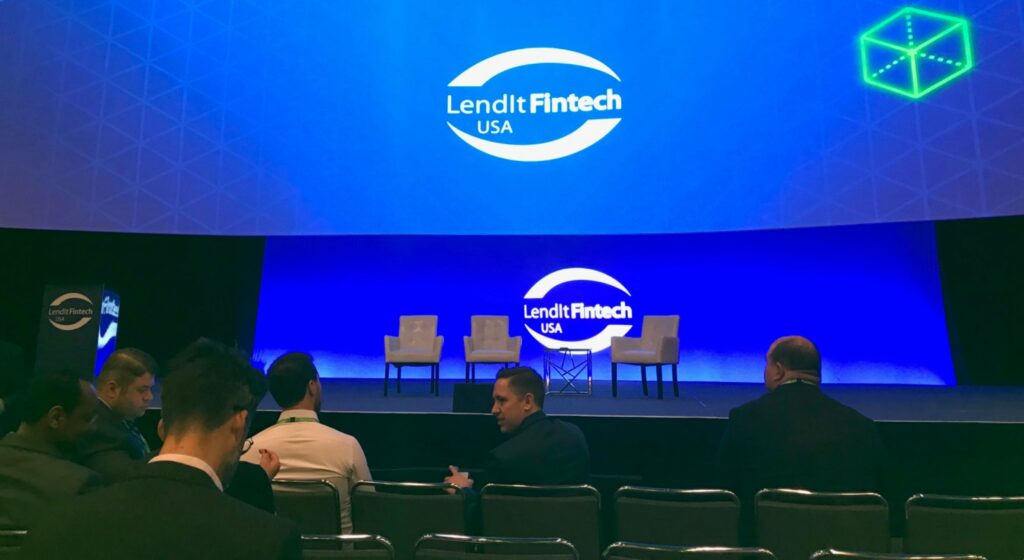May 10, 2019
Stock market rallies
Tech IPOs mint fresh new millionaires
Unemployment rates near historical lows
Headlines such as these paint a promising portrait of a prospering economy. A reader could be forgiven for believing that this portrait depicts the average American’s financial standing reaching escape velocity from the depths of the recession. Yet not all is as it seems – when you peel back the layers of the statistical onion, we’re forced to contend with the tear-jerking reality too many Americans today face.
Nearly 4 in 5 American workers still live paycheck-to-paycheck, unable to scrounge up more than a few hundred dollars worth of savings in the case of an emergency. At least 1 in 4 Americans suffer from poor or no credit history, relying instead on overdrafting or predatory payday loans with no credit check just to get by. Rallying stocks and IPOs mean nothing to someone who can’t scrape by without borrowing, let alone save up enough to buy stocks.
According to the CFSI, only 28% of Americans could be considered financially “healthy.” The rest must face the threats of overwhelming expenses, crushing debt & fees that exacerbate bad credit, and inability to save or even pay bills on time – all symptoms pointing to poor financial health. In a presentation at LendIt Fintech USA 2019, Professor Ken Singleton of Stanford University pointed out that consumers face three broad challenges:
1. Ineffective management of day-to-day financial life.
When living close to the edge, you must be especially careful managing expenses such that it doesn’t overwhelm income.
2. Weak resilience in the face of financial “shocks”.
Lack of savings and excess debt make for a precarious situation; an unexpected expense such as car troubles or medical emergency could push you over the edge, forcing you to take out a payday loan for fast cash.
3. Limited capacity for opportunities to enhance financial security & mobility.
Implementing more sustainable financial habits or looking for a higher paying job sounds all well and good, but that all goes out the window if you’re short on time and energy to do so.

Assistance instead of fees
In the face of these challenges, consumers in need have become reliant on some stop-gap solutions, especially small dollar borrowing to stretch to the next paycheck. In an unexpected financial shock, consumers finds themselves in situations where they simply need money now for expenses. The most convenient solution is borrowing quick cash such as getting a same day payday loan online (no credit check needed for those with bad credit) or just overdrafting their checking account. This has opened up opportunities for banks and payday lenders to charge excessive fees, preying on the consumer’s immediate need for convenience and affecting their financial health.
In the same presentation, Prof. Singleton highlighted Brigit, outlining the need to provide real assistance without the obscene fees. We couldn’t agree more. Brigit was designed help members improve their financial health be automatically delivering cash fast to cover users before the onset of financial shock, alleviating financial stress before it even occurs. For automated protection, tailored budgeting tools and piece of mind, users simply pay a membership fee of $9.99 – easy-to-understand pricing, no hidden fees and a model that takes the guesswork out of tipping and the brainwork (or blank stares) out of parsing APR disclosure letters.

Alleviating financial worries and improving financial health is something we care very deeply about here at Brigit. Today, we’re helping solve one ailment of that health; tomorrow, we hope to bring an even more holistic approach to improving the financial standing and well-being of all hard-working Americans. Come join us in our journey!



